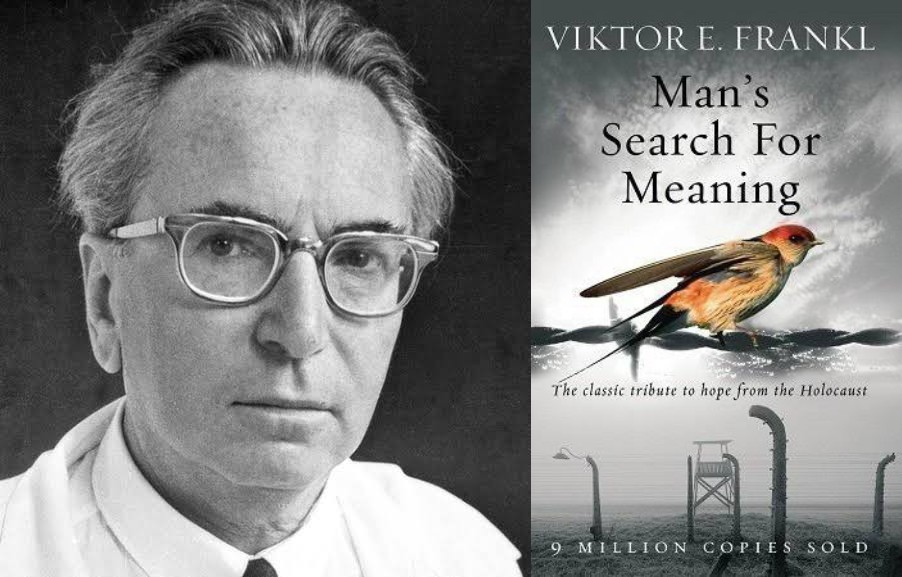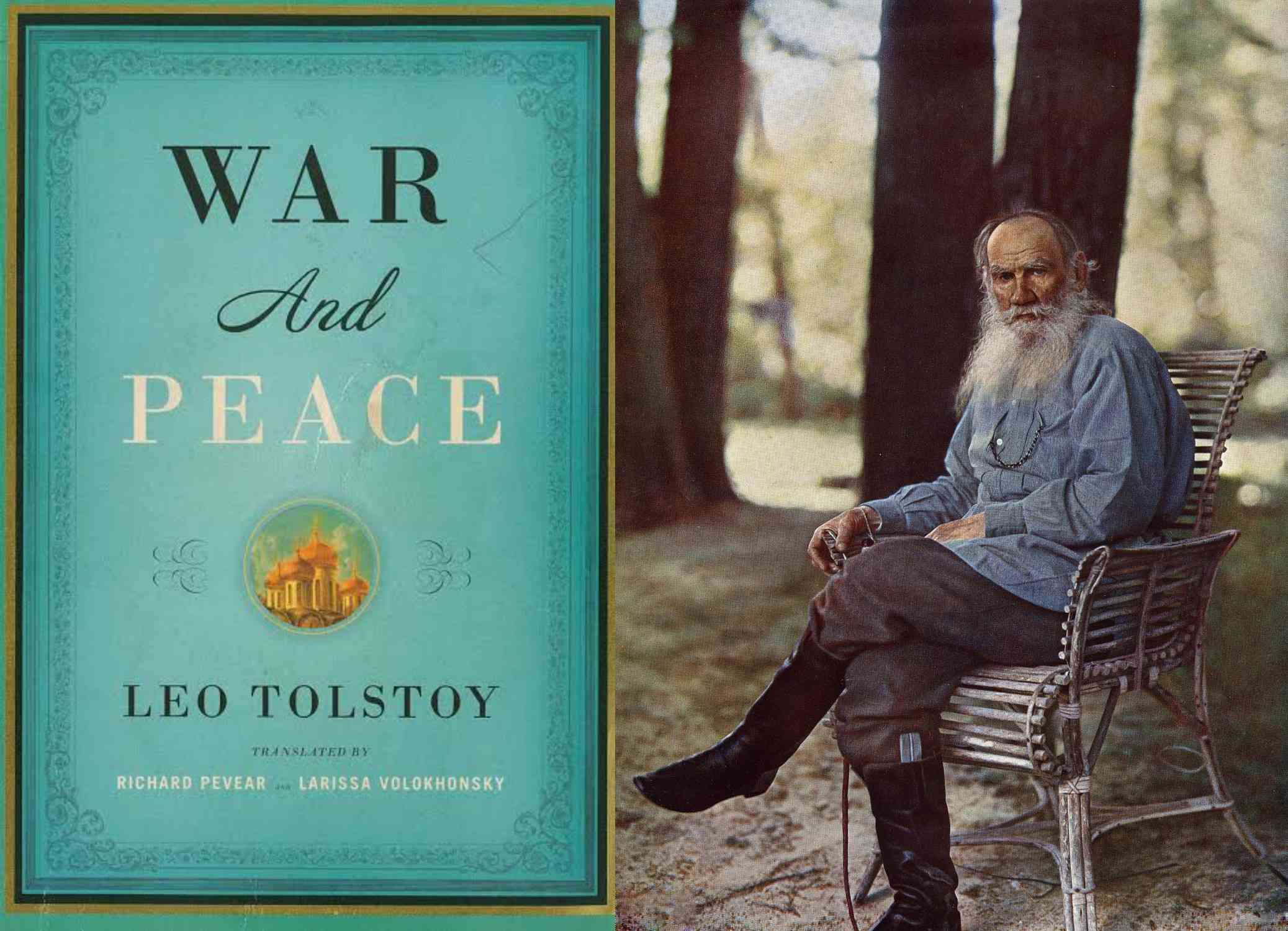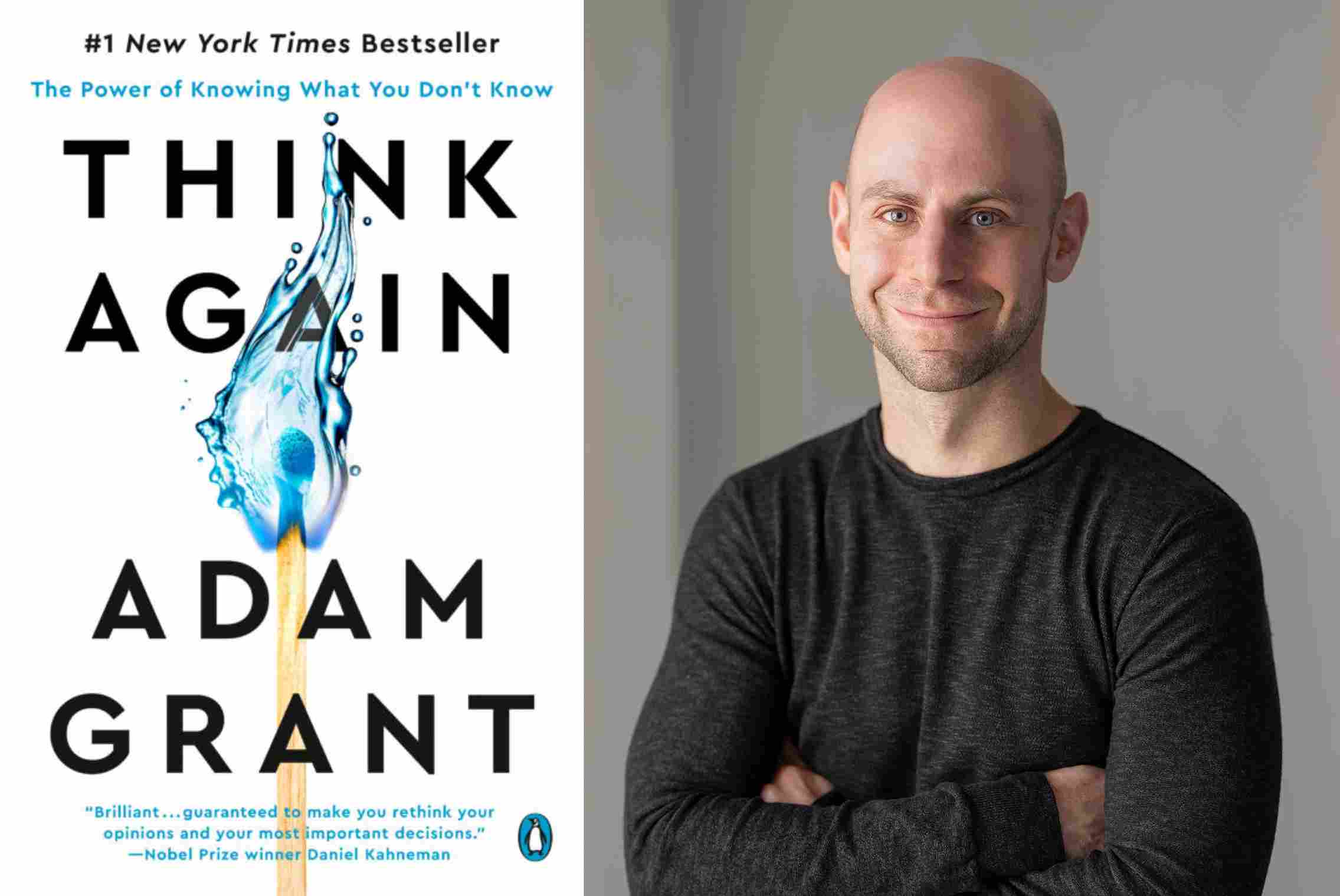
Viktor Frankl Books
His book Man’s Search for Meaning was initially released in 1959 with the heading From Death Camp to Existentialism. His memoir (originally released in 1946 under the title Ein Psycholog erlebt das Konzentrationslager) details his experiences as a prisoner in a concentration camp and explains his psychotherapeutic approach to finding purpose in all facets of existence, even the most repulsive ones, and thereby a justification for continuing to live. He was a major player in existential therapy.
some of his most prominent books are
1# Man’s Search for Meaning

Generations of readers have been attracted by Viktor Frankl’s autobiography because of its accounts of life in Nazi concentration camps and its guidance for spiritual survival. Frankl contends that while we cannot avoid suffering, we can choose how to deal with it, find meaning in it, and move forward with renewed purpose. He bases this claim on his own experience as well as the accounts of his patients. His logotherapy idea is based on the conviction that the quest for meaning rather than pleasure is what drives people most. One of the most influential books in America is Man’s Search for Meaning, which continues to motivate us all to discover meaning in the act of living.
2# Yes to Life: In Spite of Everything

Viktor E. Frankl delivered a number of open-to-the-public talks in Vienna eleven months after he was freed from the Nazi concentration camps. The soon-to-be-famous doctor shared his key ideas on purpose, resiliency, and the significance of loving life even in the face of extreme adversity.
As the world grapples with a coronavirus pandemic, social isolation, and significant economic instability, Frankl’s words—published here for the very first time in English—ring as true today as they did in 1946. He delves deeply into the adage “Live as if you were alive for the second time,” and he reveals his fundamental belief that every crisis gives a chance. Despite the heinous atrocities committed in the camps,A profound and timeless lesson for all of us, Frankl saw through the courage of his fellow prisoners that it is always possible to “say yes to life.”
3# Man’s Search for Ultimate Meaning

Millions of people are familiar with Viktor Frankl as a psychotherapist who has transcended his profession in his quest for solutions to the big concerns of life, death, and suffering. The book Man’s Search for Ultimate Meaning examines the sometimes unconscious human need for revelation or inspiration and shows how there are deep lessons to be learned from life at every step.
4# The Will to Meaning: Foundations and Applications of Logotherapy

authored by the person who gave the world Man’s Search for Meaning, one of the most important pieces of psychiatric literature since Freud. The American Journal of Psychiatry referred to the father of logotherapy, the top existential psychologist in Europe, as “perhaps the most important thinker since Freud and Adler.”



